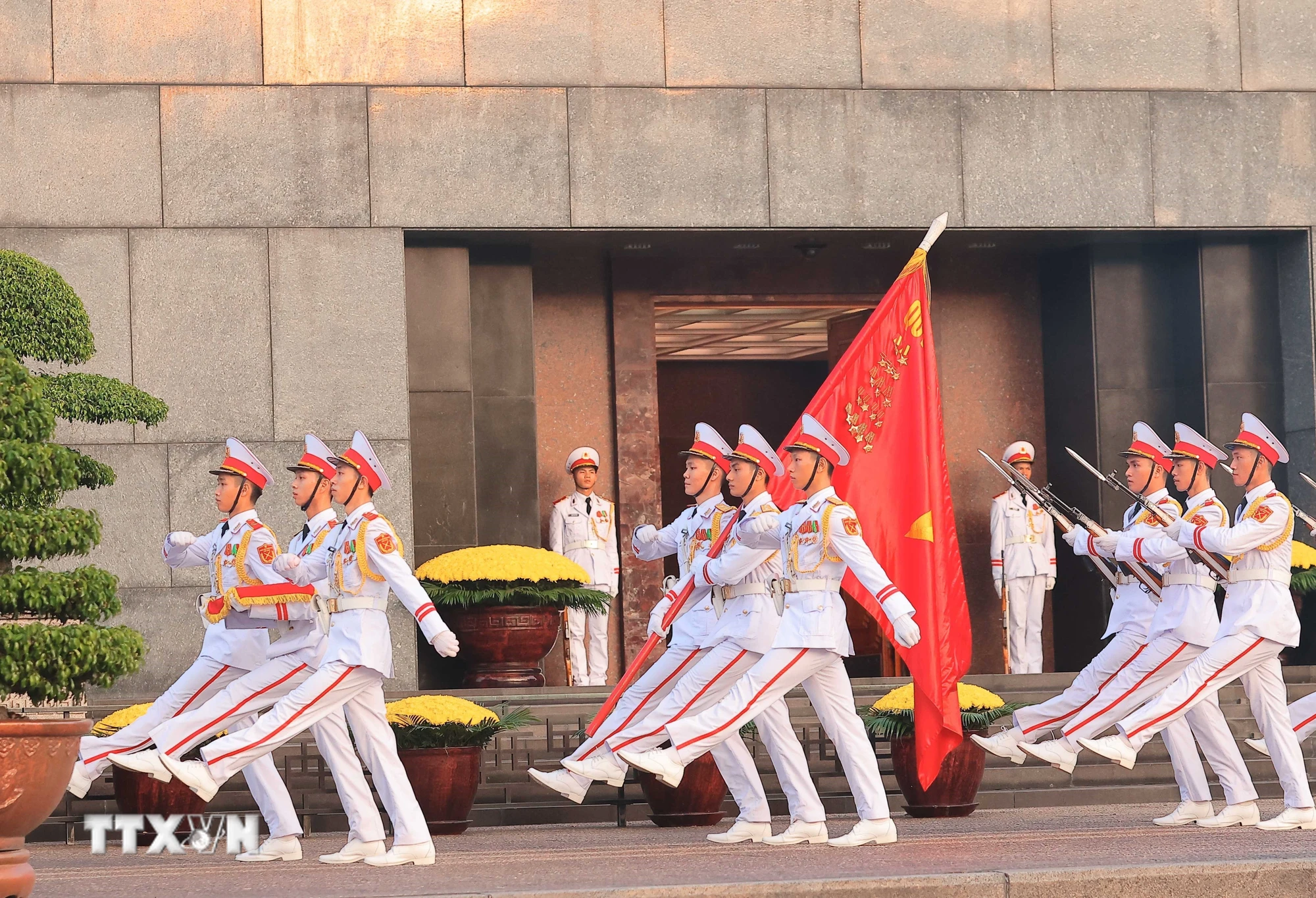 The honor guard reviews the procession in front of President Ho Chi Minh's Mausoleum. (Photo: Hoang Hieu/VNA)
The honor guard reviews the procession in front of President Ho Chi Minh's Mausoleum. (Photo: Hoang Hieu/VNA)
On September 2, 1945, at Ba Dinh Square, Hanoi, President Ho Chi Minh solemnly read the "Declaration of Independence" announcing to all compatriots and the world the birth of the Democratic Republic of Vietnam.
The Declaration strongly expressed the Vietnamese people's aspiration for national independence and their will to "dedicate all their spirit and strength, their lives and property to safeguard that freedom and independence."
Elevating human rights to national rights
“The Declaration of Independence” is one of the most outstanding works, representing the political writing style of President Ho Chi Minh. Not only does it deeply reflect President Ho Chi Minh’s philosophical, political and humanistic views, the Declaration is also highly convincing through its structure and coherent arguments.
In particular, the Declaration contains the values of human civilization, the "undeniable truths" about human rights and national rights.
At the beginning of the Declaration of Independence, President Ho Chi Minh did not go straight to the point, but skillfully presented the legal basis for human rights and national rights to create a solid foundation for the Declaration.
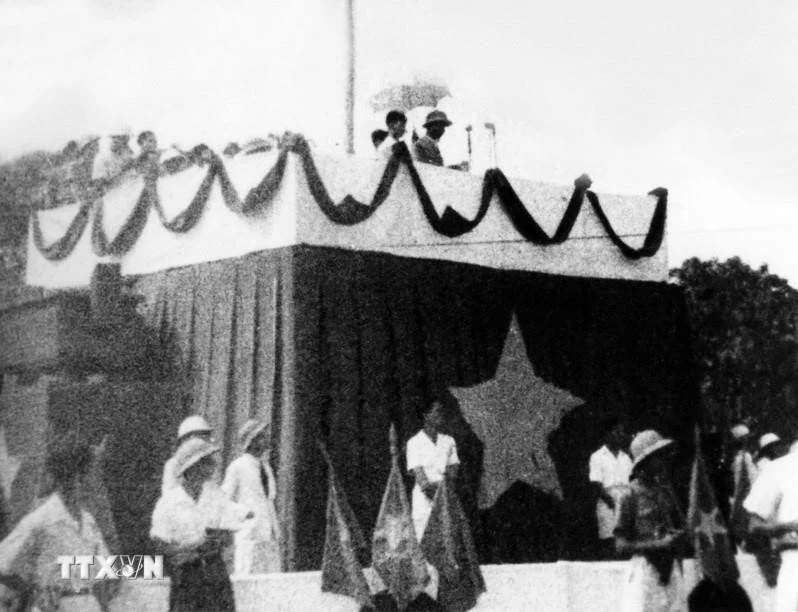
First, he cited quotes from the 1776 American Declaration of Independence and the 1791 French Declaration of the Rights of Man and of the Citizen: “All men are created equal. They are endowed by their Creator with certain unalienable rights: among these are life, liberty, and the pursuit of happiness.” And “Men are born free and with equal rights, and must always remain free and with equal rights.”
Quoting the two declarations of France and the United States has great significance, this is a way of presenting evidence both skillfully and firmly. It contributes to ensuring the objectivity of the declaration and moreover, it also shows the attitude of respect for the common truth or progressive values recognized by humanity.
Quoting the two declarations has a deeper meaning: Uncle Ho placed our country's Declaration of Independence on par with the declarations of two world powers.
“Vietnam has the right to enjoy freedom and independence, and in fact has become a free and independent country. The entire Vietnamese people are determined to devote all their spirit and strength, their lives and property, to safeguard that freedom and independence.”
However, if the two declarations of France and the United States only stopped at emphasizing human rights, President Ho Chi Minh, with his sharp intelligence, practical experience and the Vietnamese revolutionary practice, skillfully developed and put forward an irrefutable thesis on the rights of nations: "In a broader sense, that sentence means: All nations in the world are born equal; every nation has the right to live, the right to be happy and the right to be free."
This demonstrates the creativity, talent and sharp arguments of President Ho Chi Minh. He moved from the concept of human to the concept of nation in a general and convincing way, affirming that national rights and human rights have a dialectical relationship, influencing each other.
National independence is a prerequisite to ensure the implementation of human rights and vice versa, the good implementation of human rights is to promote the noble values and true meaning of national independence.
Therefore, it can be said that the 1945 Declaration of Independence is not only a declaration of independence of the Vietnamese people but also a declaration of human rights and the rights of colonial peoples in the struggle against colonialism and imperialism.
And President Ho Chi Minh's elevation of human rights to national rights is a contribution of his theoretical principles to the treasure trove of human rights ideology of humanity.
“Vietnam has the right to enjoy freedom and independence, and in fact has become a free and independent country.”
While declaring human rights, the noble ideals of "liberty, equality, fraternity", in reality, French colonialism deprived other people and other nations of their national independence, right to life, right to freedom and pursuit of happiness.
In the Declaration of Independence, President Ho Chi Minh condemned the crimes of French colonialism: “For more than 80 years, the French colonialists have taken advantage of the flag of liberty, equality, and fraternity to invade our country and oppress our people. Their actions are completely contrary to humanity and justice.”
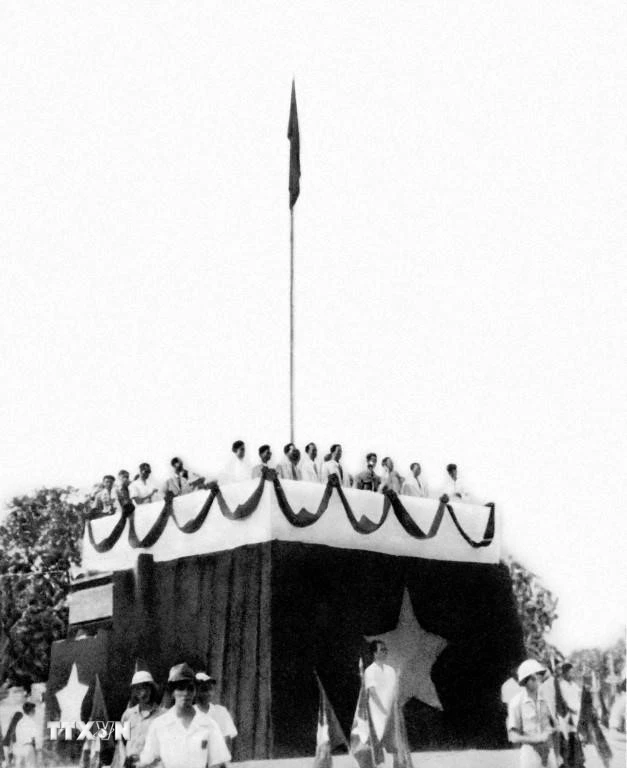
He gave specific examples: “Politically, they absolutely do not give our people any freedom or democracy... They build more prisons than schools. They brutally kill patriots and people who love their country. They drown the people's uprisings in pools of blood... Economically, they exploit workers and farmers to the bone... They rob them of their land, forests, mines, and raw materials... They impose hundreds of unreasonable taxes, making our people, especially farmers and traders, become destitute...”
In the face of the enemy's crimes, our people refused to submit. Under the glorious flag of the Communist Party, the Vietnamese people rose up to drive out colonialists, feudalists and imperialists, regaining independence, freedom and human rights. Thus, human rights in Vietnam are not values bestowed by anyone but are the result of the long-term struggle of the Vietnamese people.
That struggle made “the French flee, the Japanese surrender, and King Bao Dai abdicate. Our people broke the colonial chains of nearly 100 years to build an independent Vietnam. Our people also overthrew the monarchy of several decades and established the Democratic Republic.”
The Declaration of Independence is a solid legal basis that strongly affirms the national sovereignty of the Vietnamese people before the whole world, laying the foundation for establishing a rule of law state in Vietnam with the goal of Independence - Freedom - Happiness.
Therefore, President Ho Chi Minh declared to "completely break off relations with France, abolish all treaties that France had signed on Vietnam, abolish all privileges of France in Vietnam;" and at the same time emphasized that "the allied countries that recognized the principles of national equality at the Teheran and San Francisco Conferences absolutely cannot but recognize the independence of the Vietnamese people."
At the end of the Declaration of Independence, President Ho Chi Minh solemnly declared to the world: “Vietnam has the right to enjoy freedom and independence, and in fact has become a free and independent country. The entire Vietnamese people are determined to devote all their spirit and strength, their lives and property to safeguard that freedom and independence.”
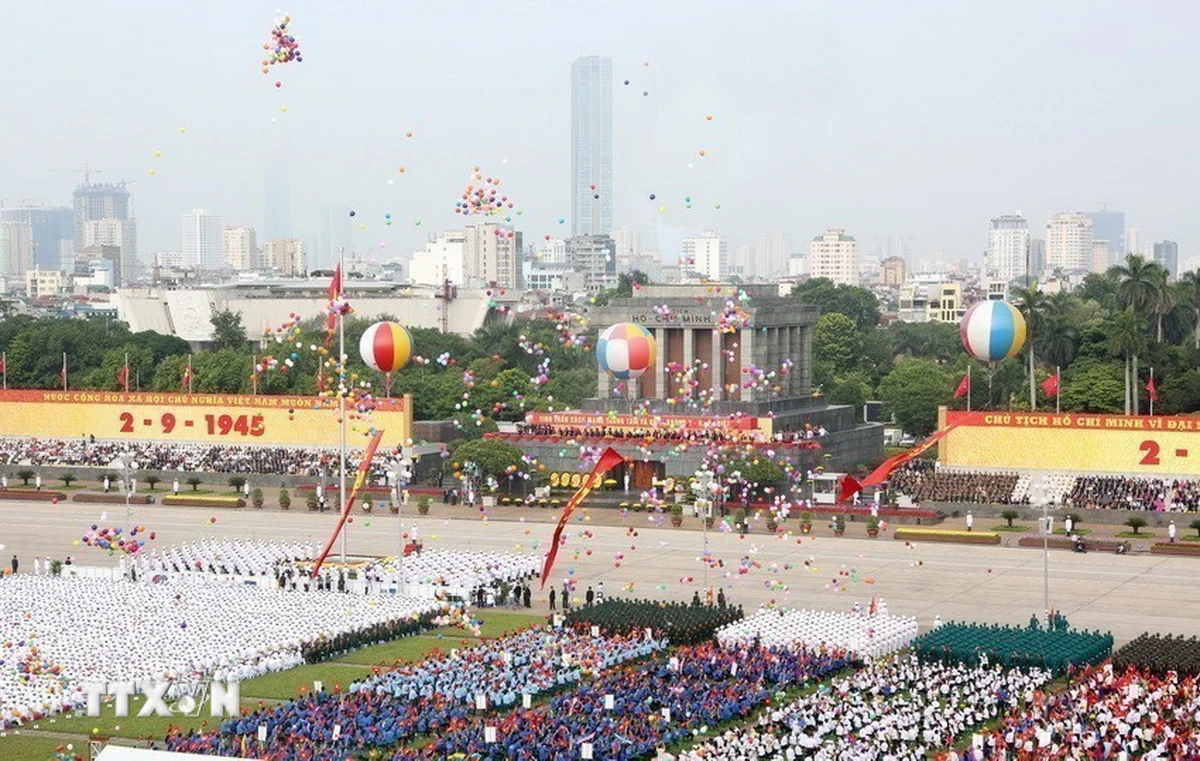
With a system of tight, sharp arguments, strong and convincing words encapsulated in more than 1,000 words, the Declaration of Independence is a solid legal basis strongly affirming the national sovereignty of the Vietnamese people before the whole world, laying the foundation for the establishment of a rule of law state in Vietnam with the goal of Independence - Freedom - Happiness; illuminating the path of the Vietnamese revolution towards new heights in the cause of building a socialist rule of law state of the people, by the people and for the people, for the goal of a rich people, a strong country, democracy, fairness and civilization.
Determined to keep the historical oath
Nearly eight decades have passed, but President Ho Chi Minh's views and thoughts expressed in the Declaration of Independence on human rights, national rights, and the aspiration and spirit of steadfast struggle to maintain independence and freedom remain relevant and have a particularly profound significance in the current cause of national construction and protection.
The victory of the August Revolution with the promulgation of the Declaration of Independence on September 2, 1945 created a new position and strength for the Vietnamese revolution to move forward firmly, gain historic victories of epochal significance, successfully carry out the resistance war against French colonialism and American imperialism, liberate the South, unify the country; firmly adhere to the goal of national independence associated with socialism, build a Vietnam of "rich people, strong country, democracy, equality, civilization."
In particular, in nearly 40 years of implementing the renovation and international integration, Vietnam has achieved many great achievements in the fields of politics, economics, national defense, security, foreign affairs, culture and society. Economic growth has reached a high rate. The Human Development Index (HDI) is among the highest in the world.
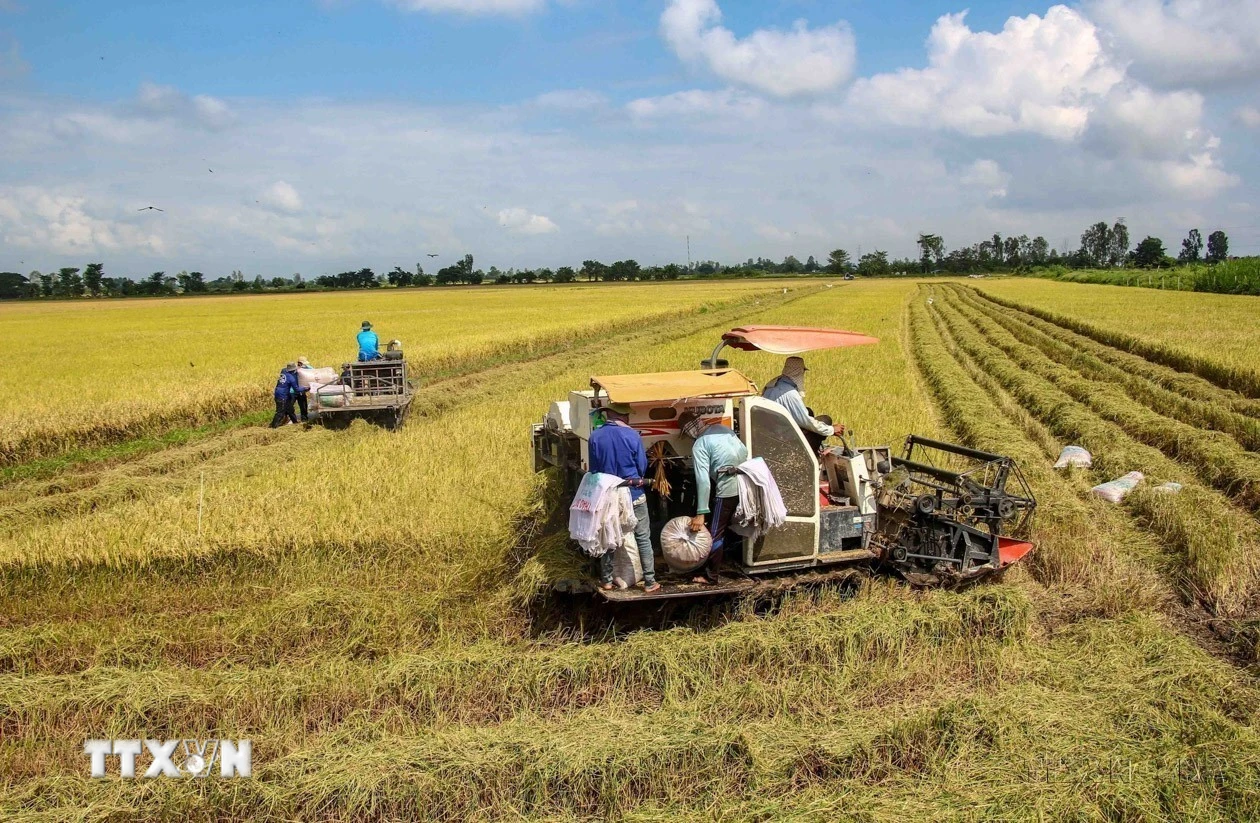
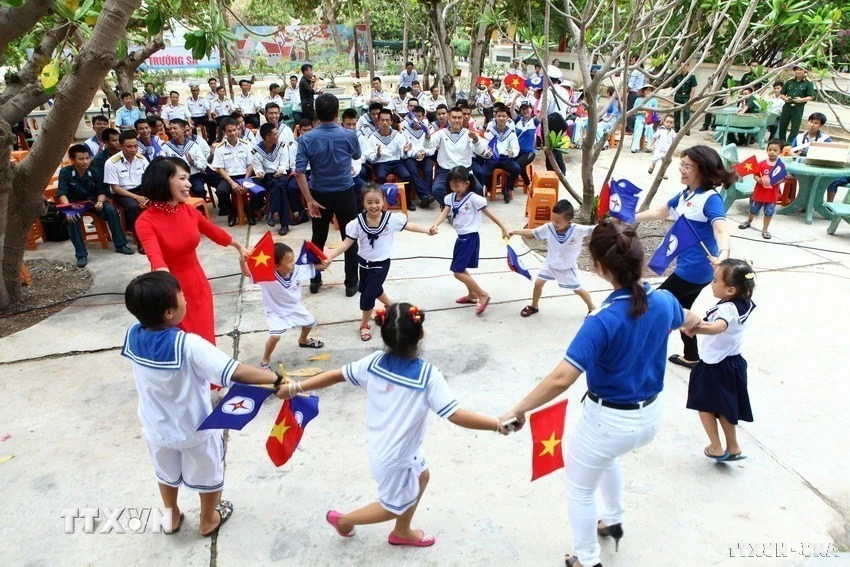
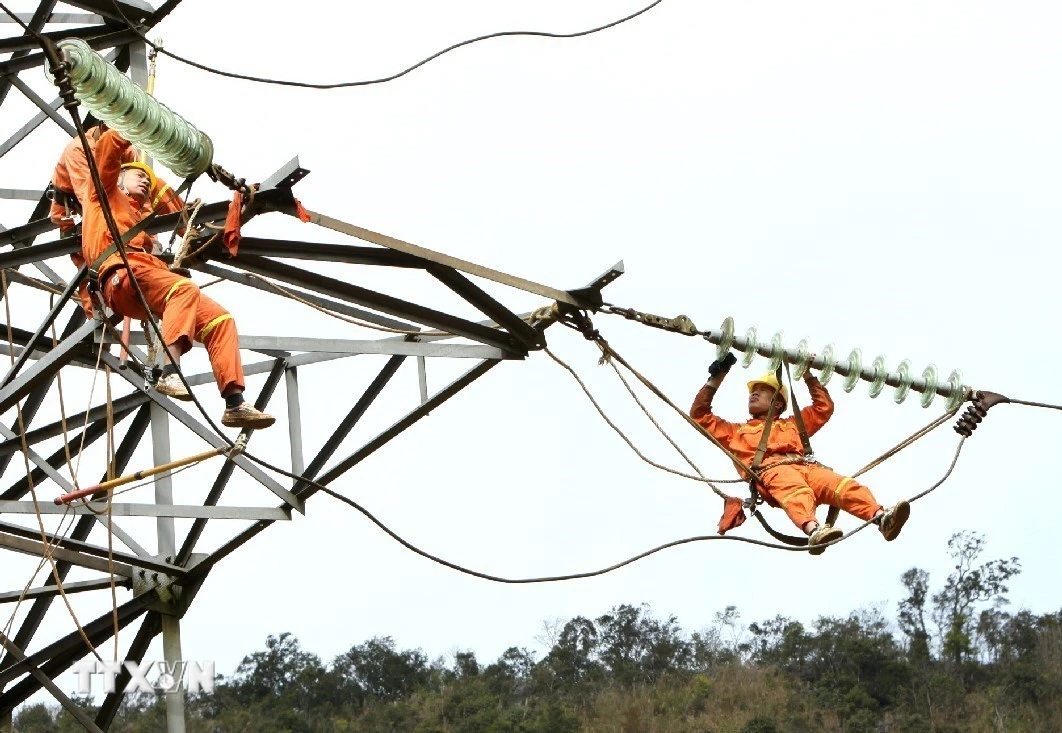
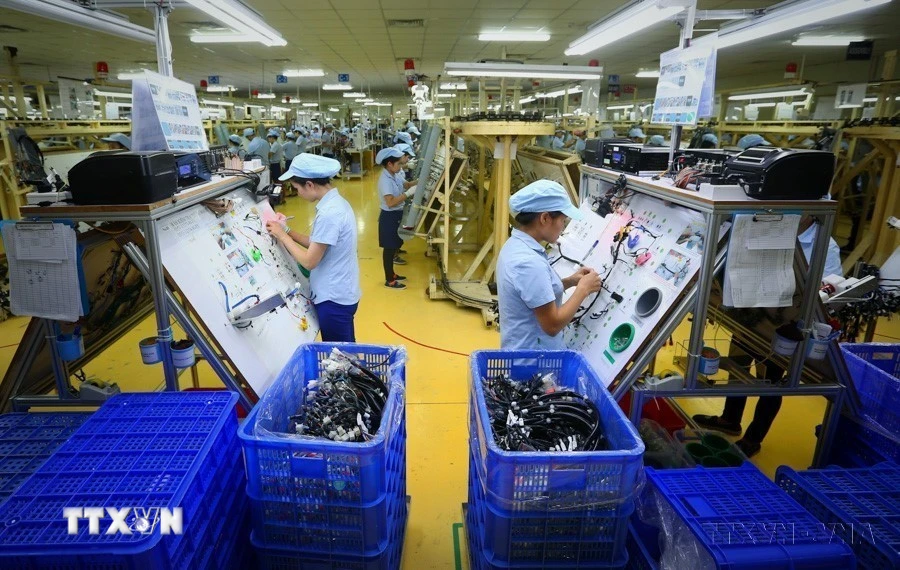
Vietnam has been increasingly proactive and actively participating in the United Nations on human rights, assuming the role of a member of the United Nations Human Rights Council (2 terms 2014-2016, 2023-2025); participating in the process of building the ASEAN Human Rights Declaration, the ASEAN Intergovernmental Commission on Human Rights, and actively contributing to the ASEAN Committees on Women and Children and on Migrant Workers.
Along with that, foreign relations and international integration are increasingly deep and effective. The international position and prestige of our country continue to be enhanced. Vietnam has established diplomatic relations with 193 countries in the world; joined and actively built the ASEAN Economic Community; and effectively participated in regional and international economic links at many levels.
Orienting development in the new period, the Resolution of the 13th National Congress of the Party determined: "To ensure the highest national interests on the basis of the fundamental principles of the United Nations Charter and international law, equality, cooperation, and mutual benefit;" "To strongly arouse the spirit of patriotism, the will of national self-reliance, the strength of great national unity and the aspiration to develop a prosperous and happy country; to promote socialist democracy, the combined strength of the entire political system and of Vietnamese culture and people, to nurture the people, improve the quality of human resources, have breakthrough mechanisms to attract and make use of talents, promote innovation, strongly apply science and technology, especially the achievements of the Fourth Industrial Revolution, creating a strong driving force for rapid and sustainable development;" “Combining national strength with the strength of the times; promoting the will of independence, self-reliance, proactiveness, active integration and improving the effectiveness of international cooperation; maximizing internal resources, taking advantage of external resources, in which endogenous resources, especially human resources, are the most important”...
79 years have passed, but the spirit of the Declaration of Independence that gave birth to the Democratic Republic of Vietnam still lives forever in the hearts of generations of Vietnamese people, not only because of its historical and legal value but also because of its noble humanistic value of human rights and national rights that President Ho Chi Minh cherished and devoted his whole life to realizing.
And the historical oath "The entire Vietnamese people are determined to devote all their spirit and strength, lives and property to maintain freedom and independence" will continue to illuminate our entire Party, army and people in the cause of building, protecting and developing the country today and tomorrow./.



![[Photo] Keep your warehouse safe in all situations](https://vphoto.vietnam.vn/thumb/1200x675/vietnam/resource/IMAGE/2025/10/1/3eb4eceafe68497989865e7faa4e4d0e)




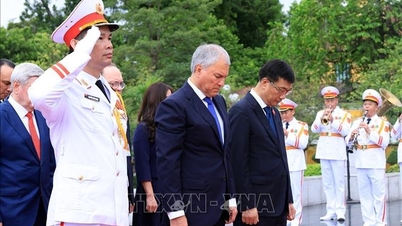

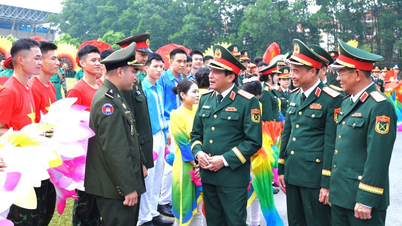









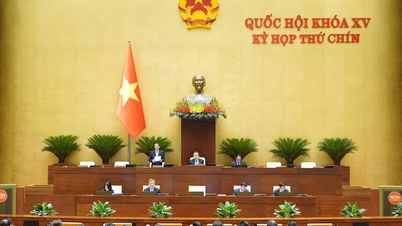
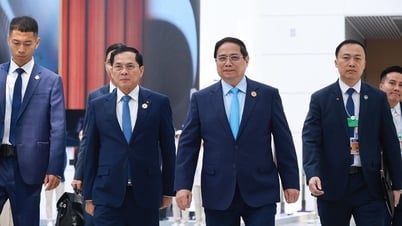

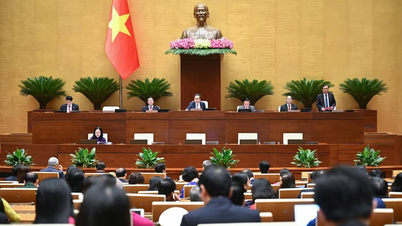

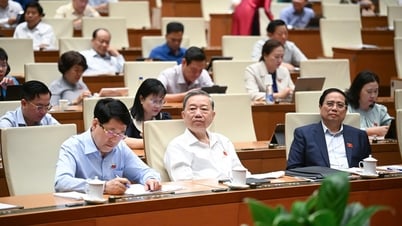





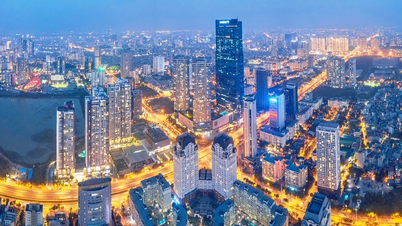
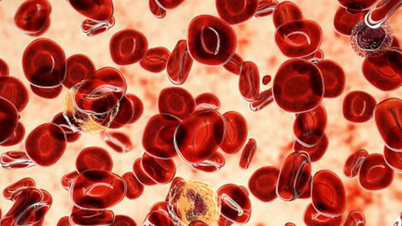
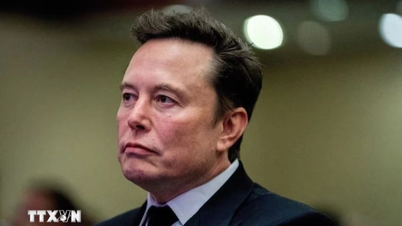
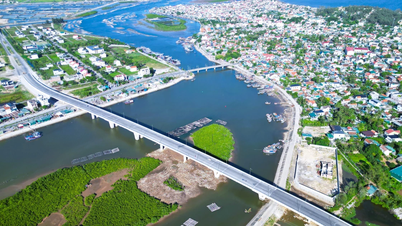
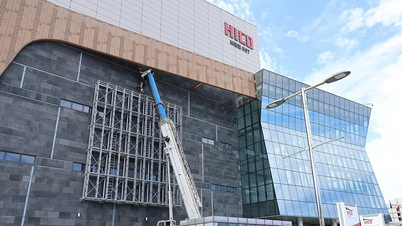
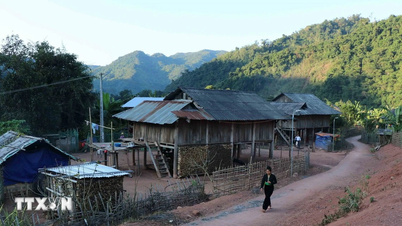
![[Photo] President of the Cuban National Assembly visits President Ho Chi Minh's Mausoleum](https://vphoto.vietnam.vn/thumb/1200x675/vietnam/resource/IMAGE/2025/10/1/39f1142310fc4dae9e3de4fcc9ac2ed0)
























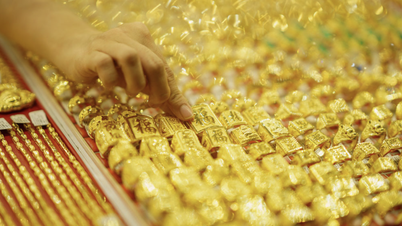
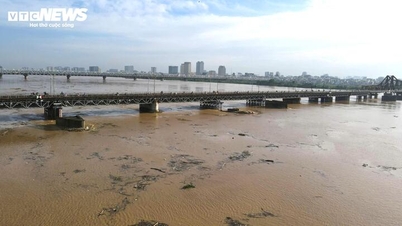




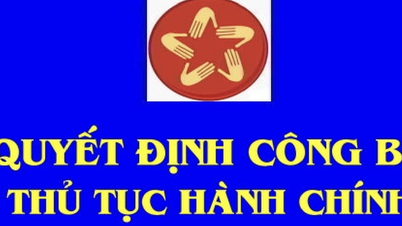
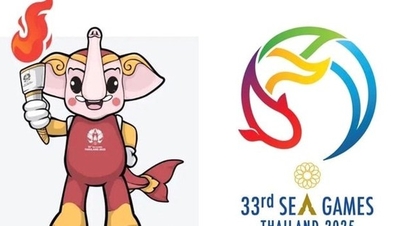








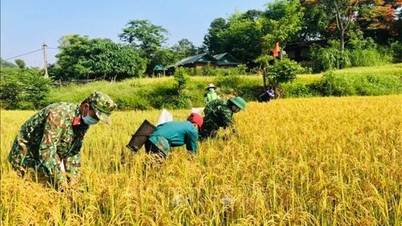

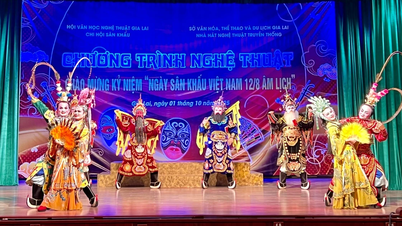

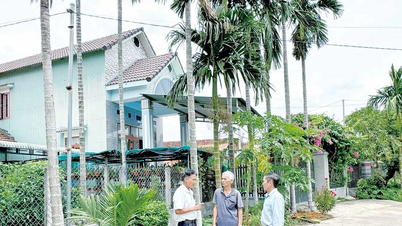

















Comment (0)